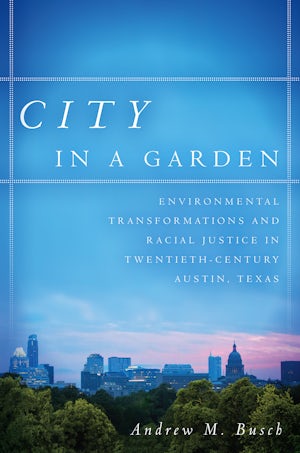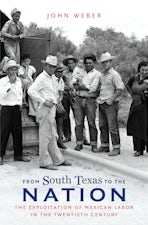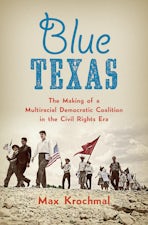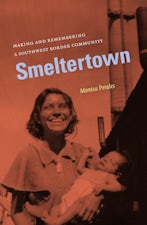City in a Garden
Environmental Transformations and Racial Justice in Twentieth-Century Austin, Texas
By Andrew M. Busch

336 pp., 6.125 x 9.25, 19 halftones, 1 map, notes, bibl., index
-
Paperback ISBN: 978-1-4696-3264-3
Published: July 2017 -
Hardcover ISBN: 978-1-4696-3263-6
Published: July 2017 -
E-book EPUB ISBN: 978-1-4696-3265-0
Published: May 2017 -
E-book PDF ISBN: 979-8-8908-4880-2
Published: May 2017
Buy this Book
- Paperback $32.50
- Hardcover $99.00
- E-Book $19.99
For Professors:
Free E-Exam Copies
In telling Austin’s story, Andrew M. Busch invites readers to consider the wider implications of environmentally friendly urban development. While Austin’s mainstream environmental record is impressive, its minority groups continue to live on the economic, social, and geographic margins of the city. By demonstrating how the city’s midcentury modernization and progressive movement sustained racial oppression, restriction, and uneven development in the decades that followed, Busch reveals the darker ramifications of Austin’s green growth.
About the Author
Andrew M. Busch is senior lecturer and program director of American studies at the University of Texas at Dallas.
For more information about Andrew M. Busch, visit
the
Author
Page.
Reviews
“This is a book worth reading and an argument worth knowing. It changed my view of Austin.”--The Journal of American History
“An important book. . . [for] anyone interested in learning about the underexamined consequences associated with creating ‘green cities.’”--Journal of Southern History
“Busch’s book offers important context and a focused case study to explain the enduring patterns of environmental inequalities that many cities faced in the past and that continue to frame our thinking about race, space, and environment in the present.”--American Historical Review
“Busch’s work on Austin is an important contribution to urban environmental history, environmental justice activism, and the origins of urban sustainability. He deftly weaves together a story from a range of archival holdings, newspapers, and government planning documents to explore how Austin’s political economy segregated environmental risk for the city’s minority residents.”--Environmental History
“Busch awakens readers to the hidden costs of green growth for minority communities. Weaving together urban environmental history, twentieth-century urban planning, and social history, Busch masterfully chronicles the history of Austin, Texas, from the 1890s to the 1990s, as it rose to become an economic powerhouse with an environmental conscience.”--Journal of Social History
“Andrew Busch’s City in a Garden shows how the political economy interacted with physical geography to create knowledge industries instead of factories, and how that economy brought highly educated, white-collar workers to fill new jobs.”--Southwestern Historical Quarterly



